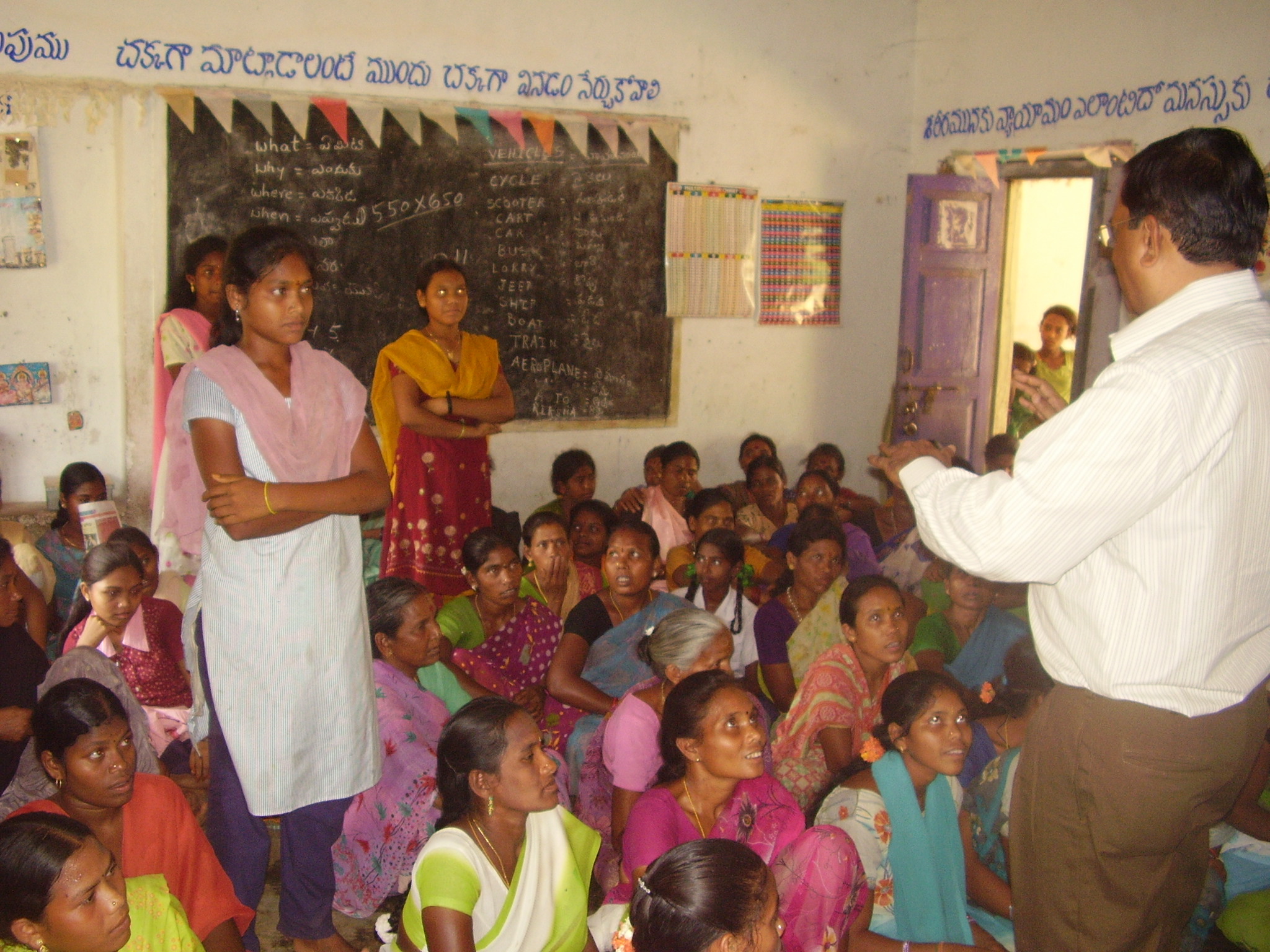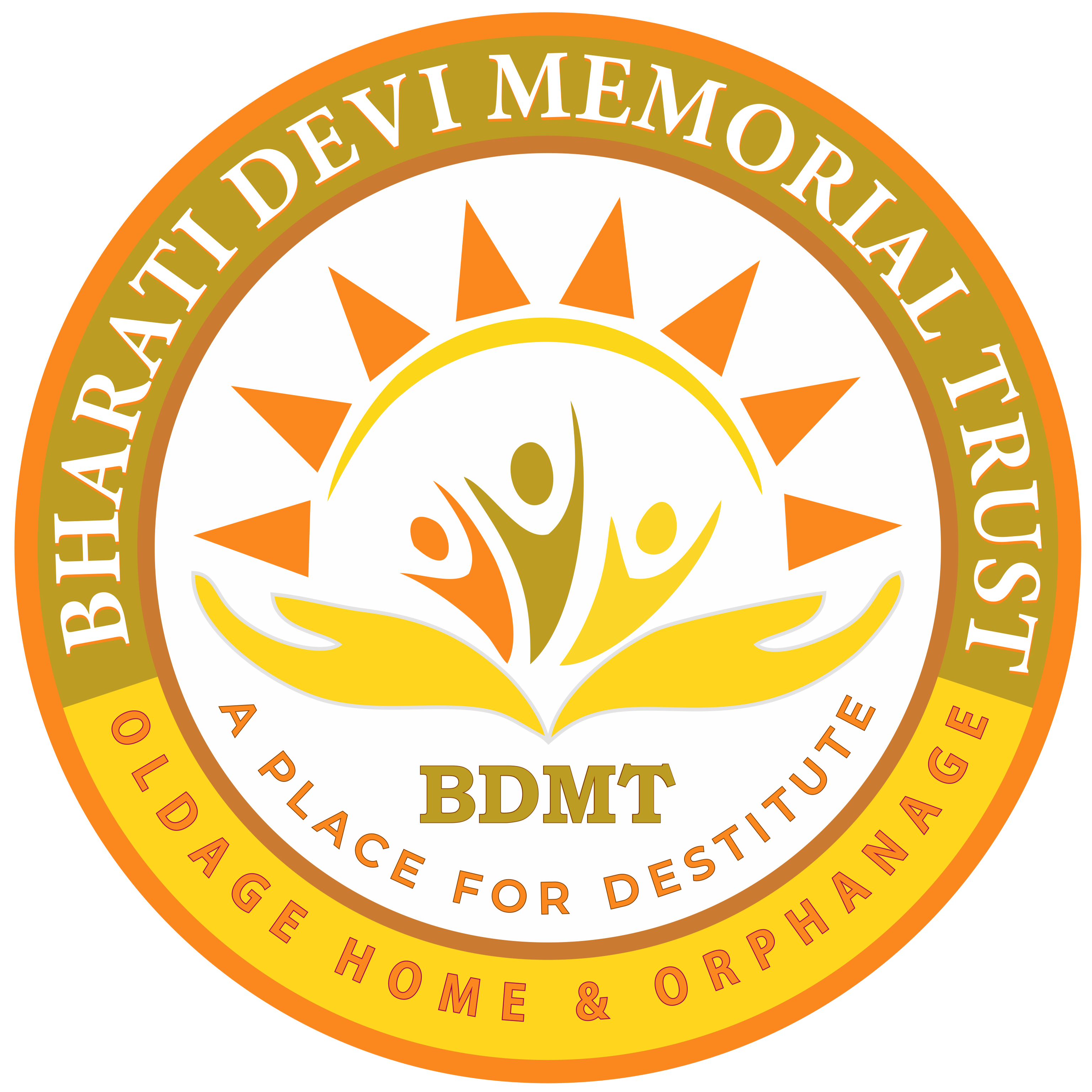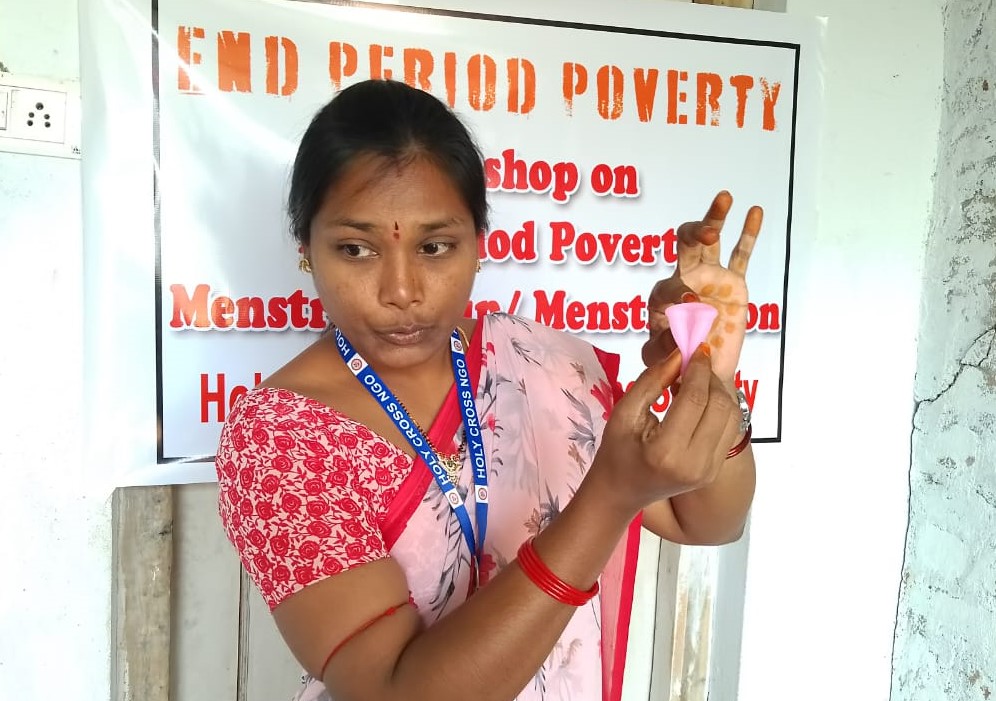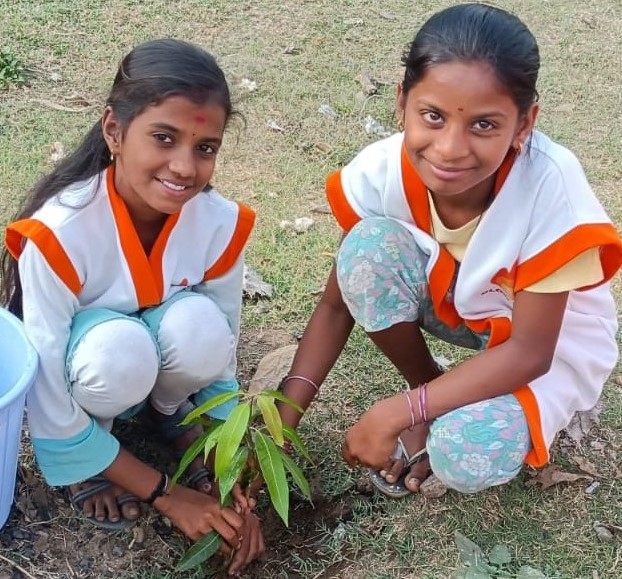Overview
India faces its most severe water crisis in history, with over 600 million people, predominantly from underserved rural communities, experiencing high to extreme water stress. Addressing water security for this vast population requires a paradigm shift in water management practices. The Water, sanitation, and Hygiene (WASH) program adopts a holistic approach to safeguard this critical and increasingly scarce resource across intervention areas.
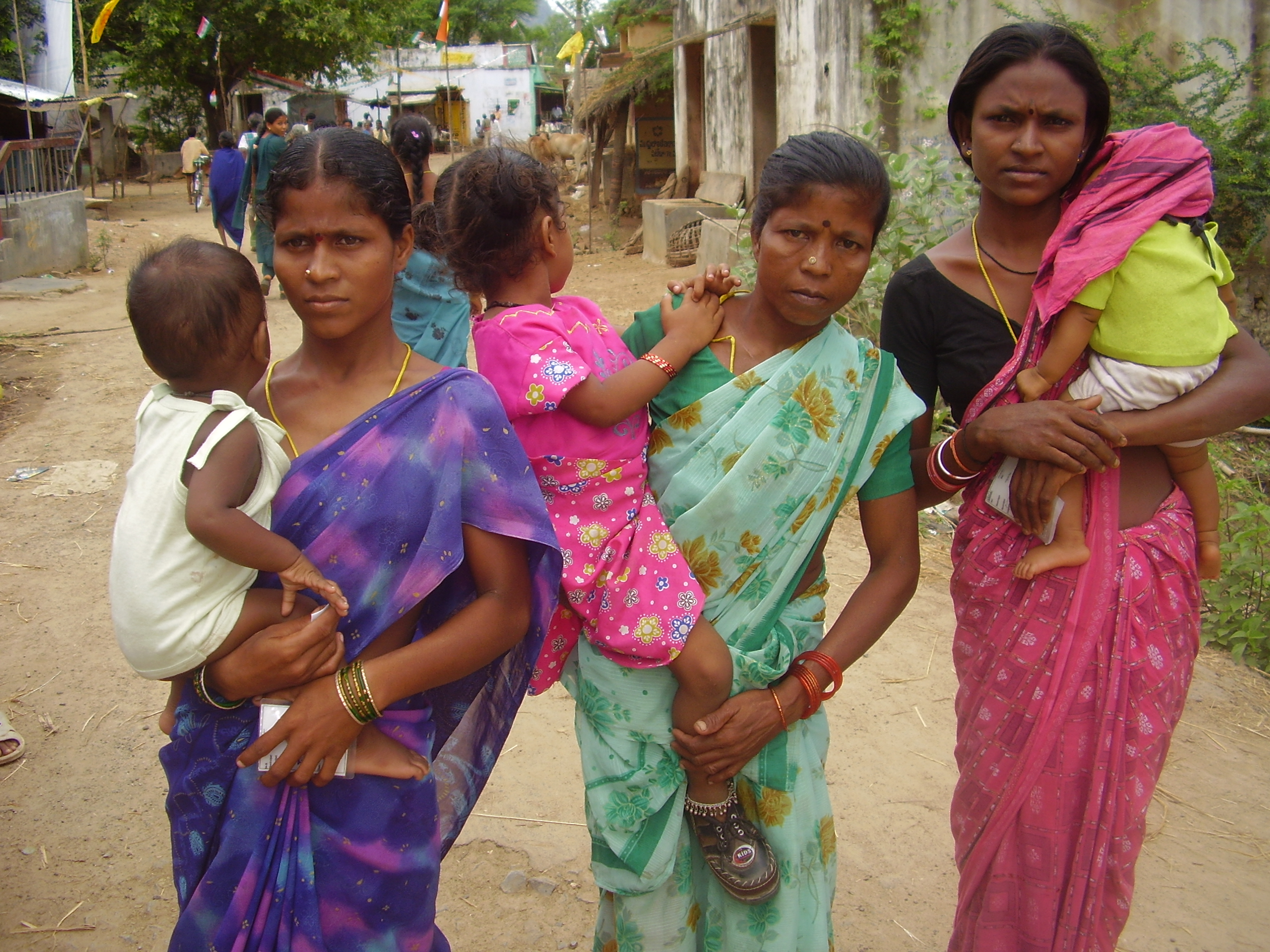
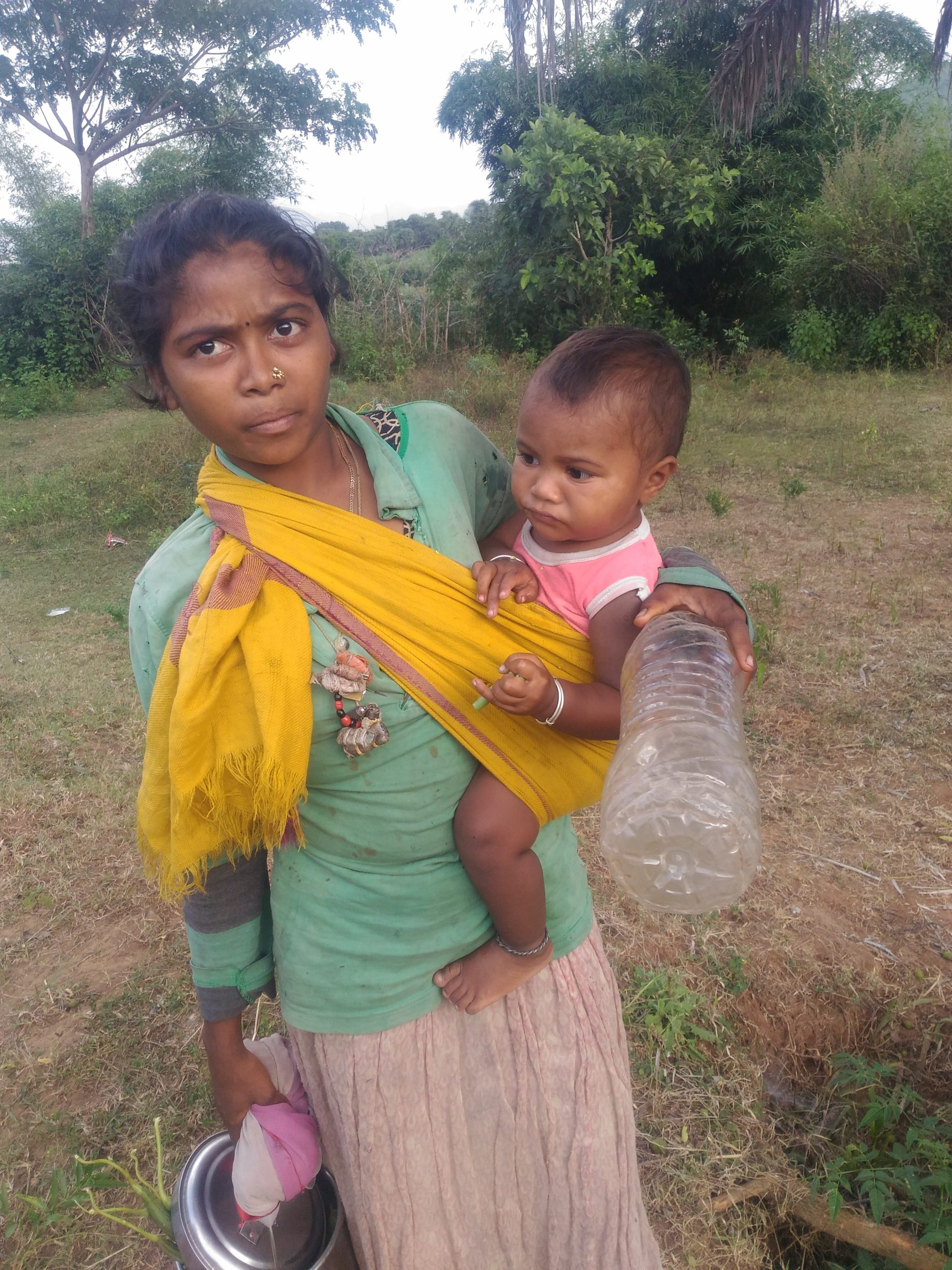
The Challenge
India’s water demand could double by 2030, surpassing the available supply. This trajectory threatens to deprive nearly 40% of the population of drinking water access by 2050, potentially resulting in a 6% GDP loss due to water scarcity. Rural India’s reliance on water-intensive crops like paddy and sugarcane, compounded by inefficient water usage practices, exacerbates the crisis. Additionally, inadequate greywater treatment, low rainwater storage, and fragmented water management policies contribute to inefficiencies and shortfalls in water supply, highlighting the urgent need for integrated, sustainable management practices.
Strategic Approach
Over the past five years, Central to its strategy is four core initiatives: enhancing water quality through affordable, innovative technologies; ensuring water access and conservation at the household and community levels; promoting improved sanitation and hygiene practices through behavioral change; and fostering community institutions to sustain water systems. By integrating planning and implementation under this framework, Holy Cross aims to provide safe, reliable drinking water and enhanced sanitation and hygiene facilities to underserved rural communities, empowering them to become self-reliant and resilient in managing their water needs.
